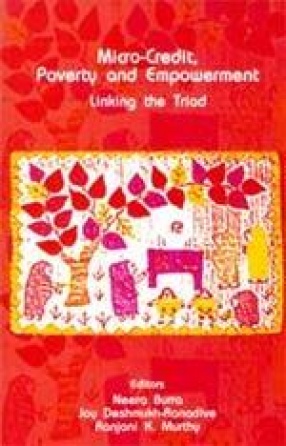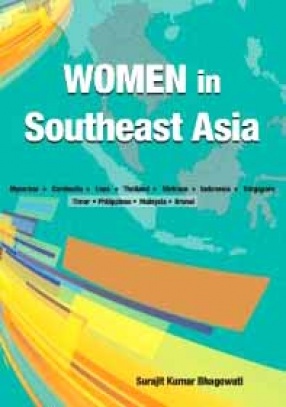In spite of constitutional guarantees and considerable development efforts, the position of rural Indian women has barely improved since independence. With the onset of economic liberalisation and the globalisation of the Indian economy, it is likely that women from the disadvantaged sections of Indian society will be further marginalised. Against this background, this important volume brings together experiences from around the country aimed at strengthening the capacities of women and thereby empowering them. An equally important theme is the sensitisation of men to gender issues. The contributors describe the challenges they encountered in gender training and participation and in building gender transformative capacities, as also the strategies they adopted to overcome them. A significant feature of this collection is that it views women’s empowerment not as an isolated phenomenon but as part of a wider process of social change. To this end, the case studies dwell on the different social identities of women and on various spheres of empowerment including the economic, the social and the political. They also explore women’s control over resources, decision-making processes and their bodies. The book is divided into four sections. The first deals with ways of building women’s capacities in order to address the specific livelihood and social issues that they face in their everyday lives; the second looks at the broader theme of using training programmes for strengthening women’s ability to negotiate with the socio-economic and ideological contexts of the family and the larger community; while the third discusses non-training strategies to build the capacities of women at the grassroots–for example, feminist research, networking and developing participatory technology. The concluding essay comprising the fourth part brings together the lessons from these varied experiences and innovations and provides insights into gender transformative capacity building at the conceptual, methodological and institutional levels. Though of interest to everyone concerned with the empowerment of the marginalised, this book will be especially valuable for teachers and students in the fields of gender studies, sociology and development studies. It will be equally relevant for development practitioners, NGOs, trainers, policy makers and national and international funding agencies.
Micro-Credit, Poverty and Empowerment: Linking the Triad
Two persistent problems that ...
$18.00
$20.00






There are no reviews yet.